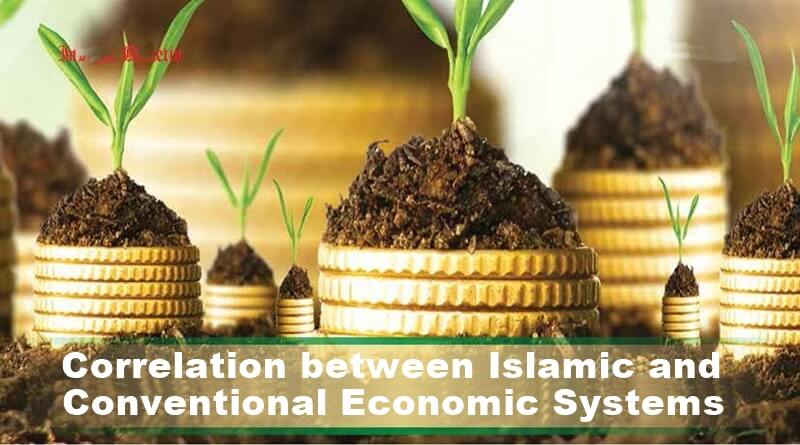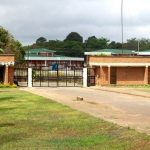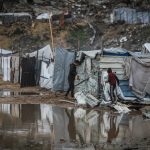
One Year to the Ballot: The Silent Signals of Political Representation

As Malawi approaches the highly anticipated general elections on September 25, 2025, political preparations are reaching a critical juncture. Parties are reshuffling their ranks, forming alliances, and strategizing for what promises to be a defining moment in the nation’s democratic journey. Yet, amid the flurry of political activity, there is a troubling silence—a silence that lingers not in the campaign rallies but within the chambers of Parliament, where some elected representatives fail to fulfil their mandate.
This “Silence in the Chamber” reflects more than just inactivity. Members of Parliament (MPs) who remain silent in legislative debates are sending a clear message: they are disengaged from the political process and unresponsive to the needs of their constituents. These MPs, chosen by the people to be their voice, become invisible in the national discourse. As we approach the elections, this silence becomes even more concerning. It raises questions about the quality of representation and the strength of Malawi’s democratic system.
This issue of inactive MPs coincides with a time of significant political shifts. As outlined in “One Year to the Ballot: Strategic Alliances and Political Manoeuvres,” internal party dynamics have led to the exclusion of prominent figures from major parties like the Malawi Congress Party (MCP) and the Democratic Progressive Party (DPP). Conventions have reshaped the political landscape, with new faces rising while seasoned politicians are being side-lined. Among the most notable developments is the defection of two high-profile DPP members—former Secretary General Grezelda Jeffrey and Eastern Region Governor Sheikh Imran Ntenje—who left the party after losing their positions in the DPP’s recent convention. Their decision to join the MCP not only reflects the ongoing fragmentation within the DPP but also highlights the challenges facing parties as they seek to maintain internal cohesion.
These defections raise critical questions: Can the DPP recover from the loss of such experienced leaders? How will the MCP incorporate these figures into its already complex political structure? And what does this mean for the broader electoral landscape in 2025? These political shifts reveal the fragility of party loyalty and the role of individual political survival in shaping Malawi’s future.
Amid these developments, the silence in Parliament takes on new urgency. With MPs failing to speak up, constituents are left wondering whether their representatives are truly working in their best interests. As political alliances shift and new contenders emerge, voters must pay close attention to the actions—or inactions—of those in power.
Malawi’s upcoming elections are not just about who wins or loses. They are about the kind of leadership that will shape the country for years to come. The defections of key DPP figures and the silence from MPs in Parliament are reminders that representation matters. The electorate deserves leaders who will speak up, advocate for real change, and engage fully in the political process.
As we count down to September 25, 2025, the responsibility lies with the voters to choose leaders who will break the silence and represent their voices in the halls of power. The next election is about more than just winning; it’s about ensuring that Malawi’s democracy thrives with leaders who are fully present, engaged, and accountable.































